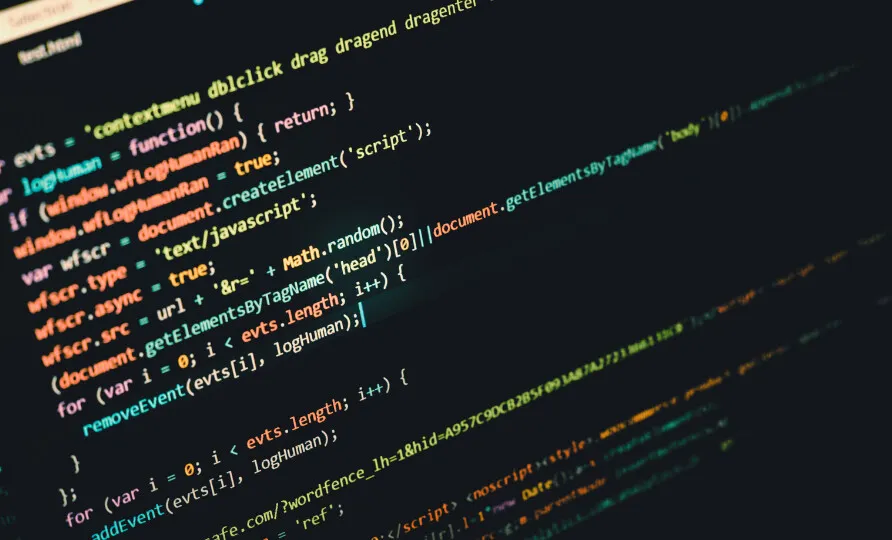In a significant move to combat online extremism, the Christchurch Call initiative has welcomed new members. This expansion includes leading AI firms Anthropic and Open AI and popular communication platforms Discord and Vimeo. The integration of these new participants was announced following a summit meeting in Paris, which unfortunately noted the absence of tech behemoths Google and Meta, previously known as Facebook.
The Paris meeting’s agenda was shadowed by these major industry players’ non-attendance, which drew criticism from French President Emmanuel Macron. His comments to the media underscored a perceived withdrawal of Google and Meta from cooperative efforts against violent online content. Macron’s critique follows a historical precedent set by Facebook, which faced public scrutiny for its role in broadcasting the 2019 Christchurch mosque shootings.
Funding and plans revealed
Prime Minister Jacinda Ardern, a pioneer of the Call following the New Zealand tragedy, steered the summit’s conversations towards not only remembrance but proactive strategy development. The Call’s emergency response protocols, previously activated during incidents like the New Lynn terror attack and the Parliament occupation, were scrutinized for efficiency and potential updates.
The summit also became a platform for announcing substantial financial backing, with a pledge of $1.3 million earmarked for growing the Initiative. This funding aims to catalyze a global network dedicated to innovative research and the application of AI for understanding and countering terrorist use of technology.
AI in focus to combat extremism
The risks associated with emerging technologies, such as generative AI, were put under the microscope during the discussions. Concerns center on the potential misuse of AI by terrorists, which poses new challenges for global security agencies. The Call community has committed to leveraging its collective expertise to identify and mitigate against the terrorist exploitation of AI.
The Call’s action plan extends beyond immediate crisis management, addressing the proliferation of harmful content that fuels terrorism and violent extremism. Participants acknowledged the recent increase in content related to the Israel-Gaza crisis and other global events, which has amplified the urgency for updated crisis protocols.
The Christchurch Call’s trajectory since its inception reflects a sustained commitment to addressing the darkest aspects of digital communication. Ardern’s leadership has catalyzed international cooperation, aiming to safeguard global digital landscapes from being exploited by harmful ideologies.
The summit has cemented the Christchurch Call’s role as a pivotal framework for international collaboration on counterterrorism and digital safety. Despite setbacks, the Call’s expansion and the promise of further technological and financial resources underscore a strong future for this global partnership.
In conclusion, the Christchurch Call initiative is at a crossroads, facing the challenge of big tech engagement while pushing forward with new members and strategies. Its evolution in the face of contemporary issues and the complex digital ecosystem will be a testament to the resilience and adaptability of global counterterrorism efforts. The ongoing commitment from various sectors and the additional funding promises to enhance the collective ability to fight extremism, with or without the participation of all major tech giants.





